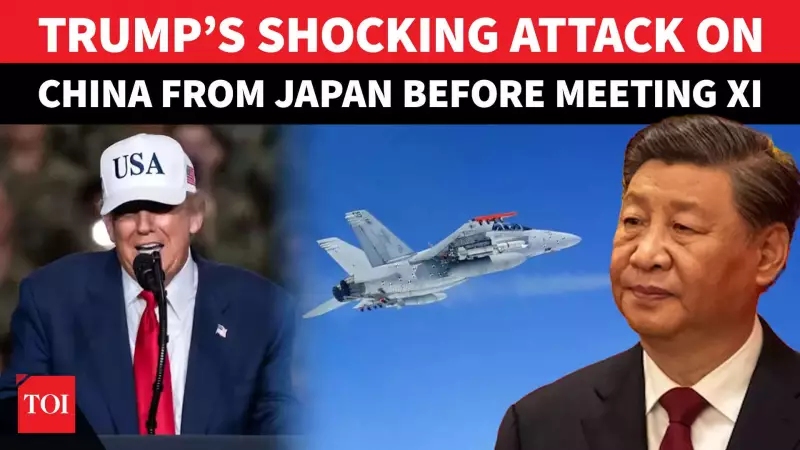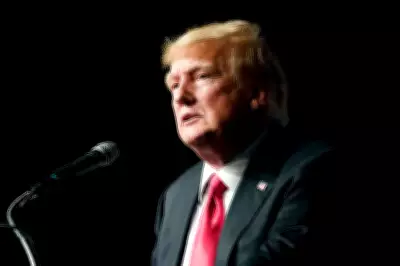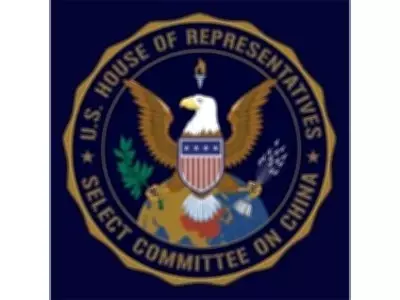
In a significant strategic development that has sent ripples across international diplomatic circles, the United States has deployed advanced missile systems to Japan's F-35 fighter jet fleet. This military enhancement comes at a crucial juncture, just as former President Donald Trump prepares for a highly anticipated meeting with Chinese leader Xi Jinping.
The timing of this military deployment is being viewed by geopolitical analysts as a calculated move designed to strengthen Washington's negotiating position ahead of the Trump-Xi summit. By bolstering Japan's aerial combat capabilities, the US is sending a clear message about its commitment to regional security partnerships in the Asia-Pacific theater.
Strengthening the US-Japan Defense Alliance
The deployment represents a substantial upgrade to Japan's defense infrastructure, particularly for its sophisticated F-35 aircraft. These advanced fighter jets, now equipped with cutting-edge American missile technology, significantly enhance Japan's aerial deterrence capabilities at a time of increasing regional tensions.
Military experts note that this move not only strengthens Japan's self-defense capacity but also reinforces the US-Japan security alliance—a cornerstone of American foreign policy in the Asia-Pacific region for decades.
Geopolitical Implications for China-US Relations
The strategic timing of this deployment cannot be overstated. As Trump and Xi prepare to sit down for discussions that could shape the future of US-China relations, this military enhancement serves as a powerful demonstration of American commitment to its regional allies.
This development occurs against a backdrop of ongoing tensions between Washington and Beijing across multiple fronts, including trade disputes, technological competition, and differing perspectives on regional security matters. The missile deployment adds another layer to this complex diplomatic landscape.
Regional Security Dynamics
The enhanced military capability comes at a time when several nations in the region have expressed concerns about China's growing military presence and territorial claims. By strengthening Japan's defense systems, the US is reaffirming its role as a security guarantor in the Asia-Pacific.
Defense analysts suggest that this move will likely prompt careful assessment from Beijing regarding its strategic calculations in the region, particularly as it navigates its relationship with both the United States and neighboring countries.
As diplomatic preparations continue for the upcoming Trump-Xi meeting, this military development underscores the intricate interplay between defense posturing and diplomatic engagement in contemporary international relations.





